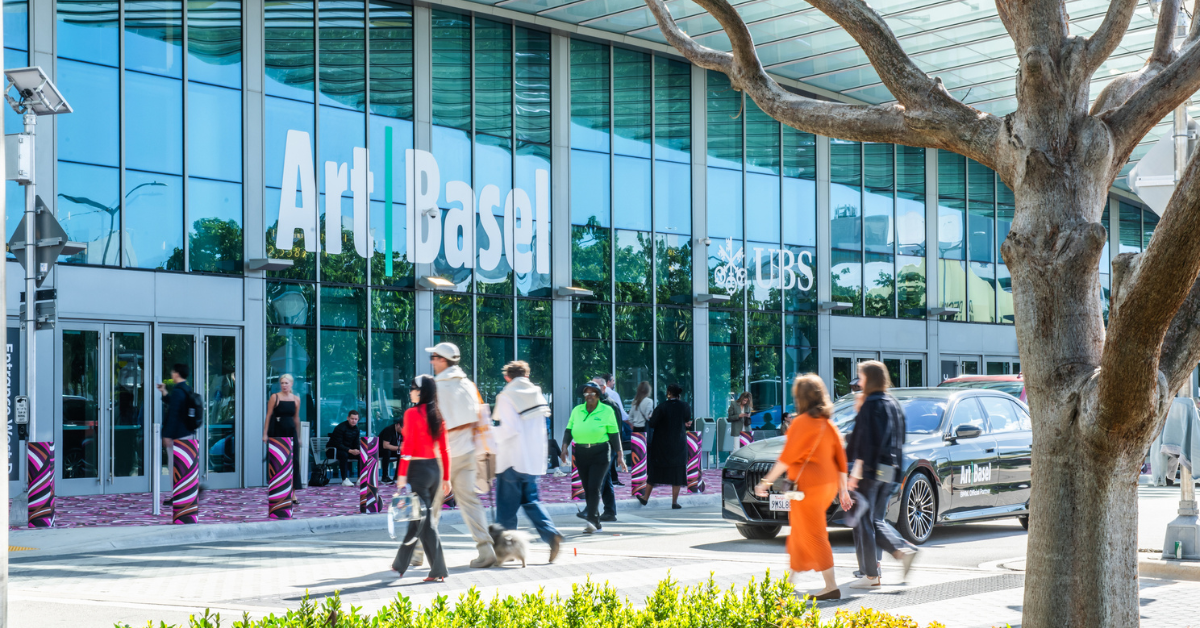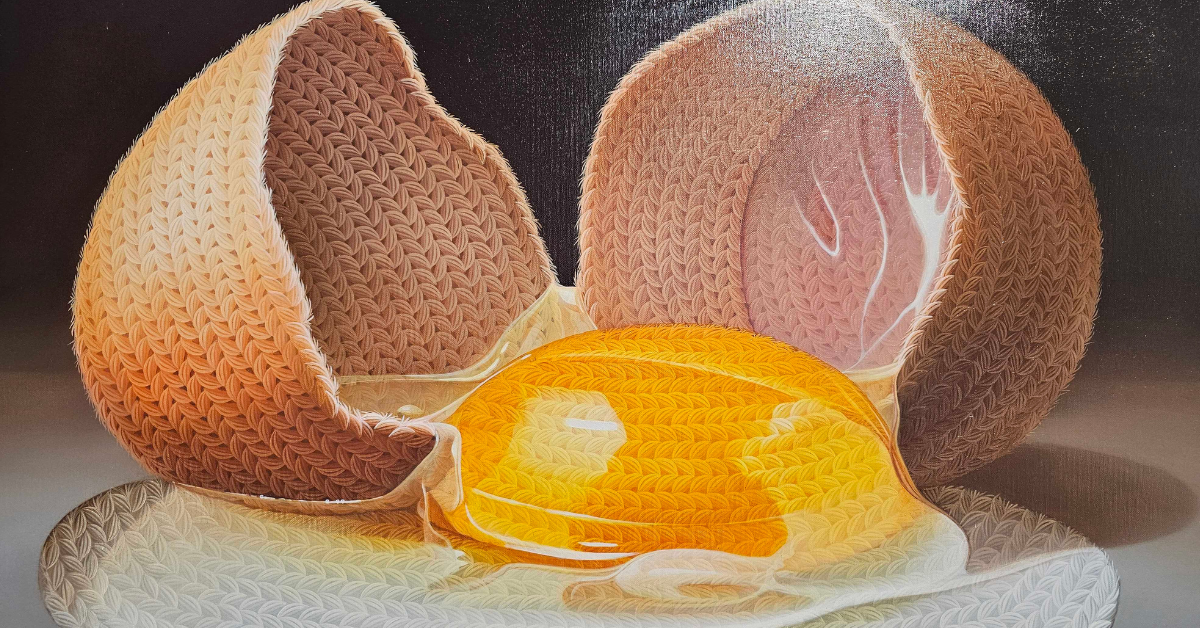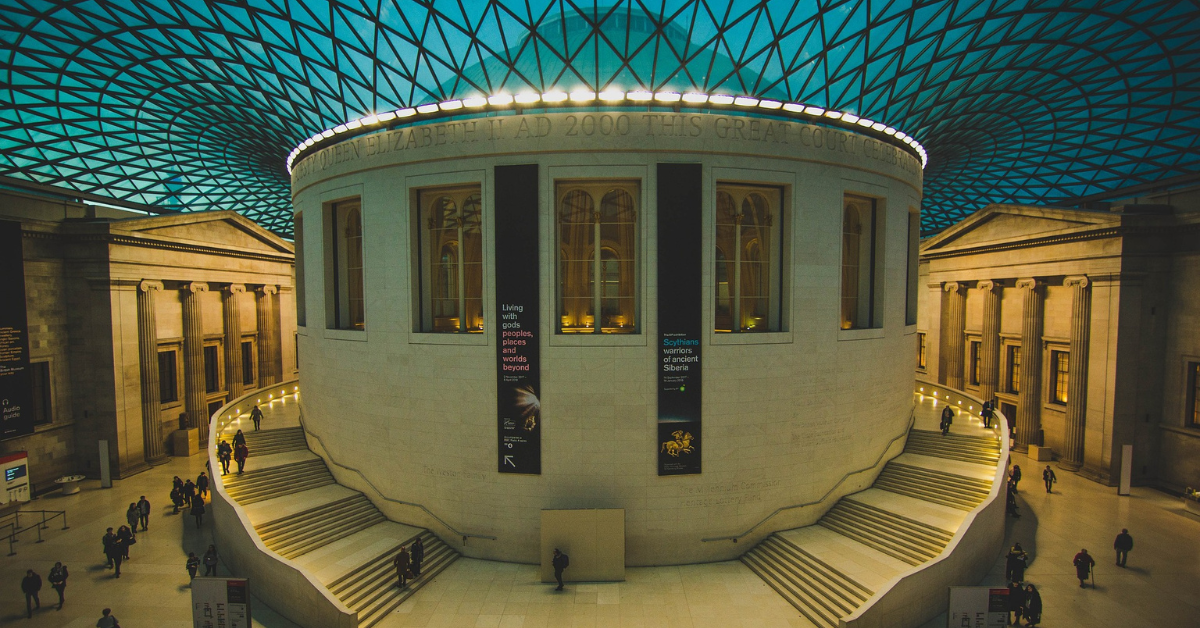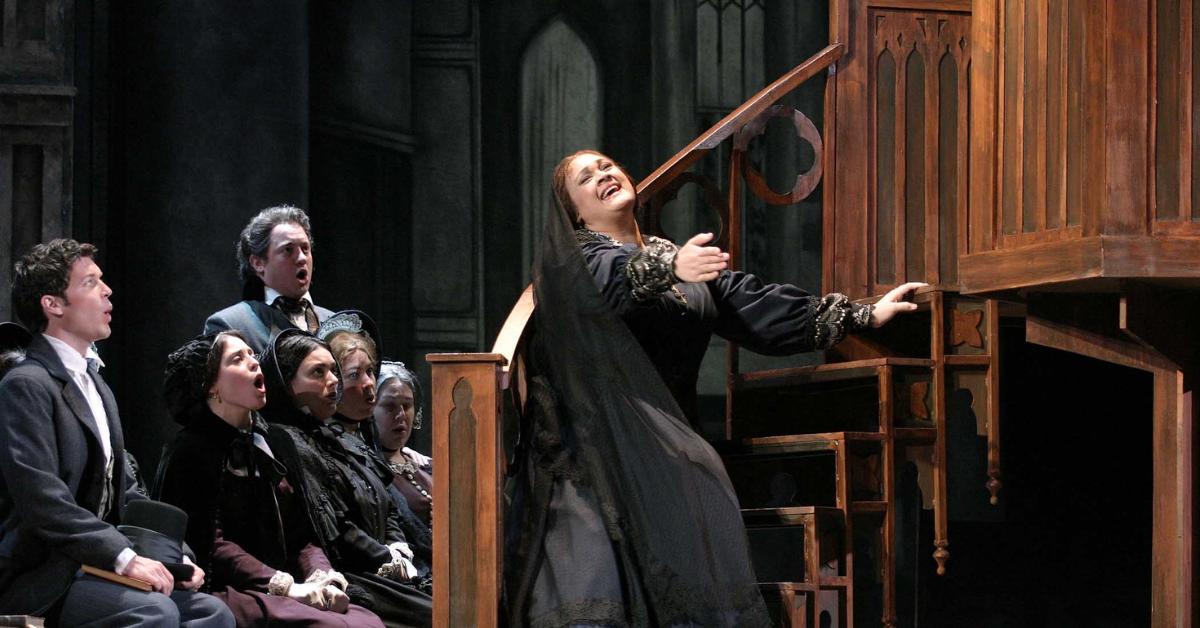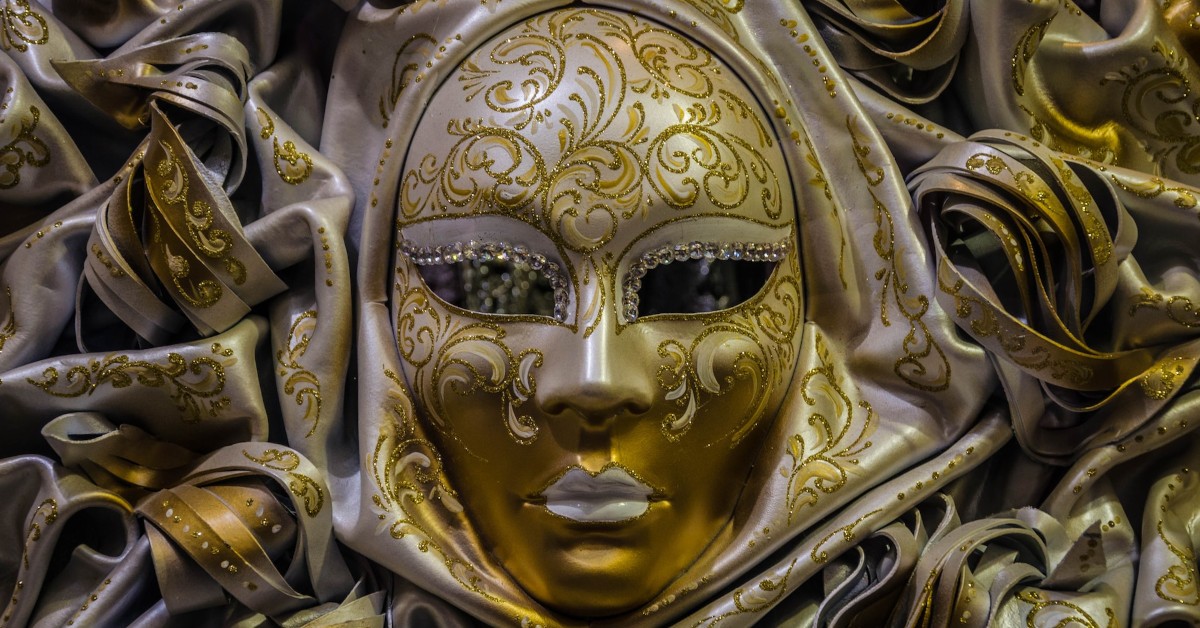
The term immersive has become something of a buzzword over the last few years. It is used to describe all kinds of things from entertainment experiences to features in technology. Often, it is used as a way of signaling a more intense experience for the audience or user and a marketing tool. Dictionary definitions- often a great place to start with a large and trendy topic like this one- are not particularly helpful. Most define it as providing, involving, or characterized by deep absorption or immersion in something, surrounding the audience so that they feel completely involved.
But shouldn’t any good production do this? As a theater-goer, I will admit that I have the willing suspension of disbelief. If the scene takes place in a hotel room (think of Neil Simon’s Plaza Suite, for example), when an actor leaves the stage, for me they are walking down a corridor of closed doors with all the mystery of what is happening behind each. When they look out a window, they are seeing the city and its action or perhaps just the airshaft. I gasp when Juliet stabs herself, although I surely know it is going to happen. If that engagement does not happen, it may be the fault of the production, but it is more likely be some distraction of my own, that allows me to drift elsewhere.
Sometimes there are elements that unexpectedly engage other senses, introducing smells or sending sounds from the back of the theater. Those can definitely pull the distracted back in, but still maintain the fourth wall between audience and player. Sometimes that wall is broken by an actor speaking directly to the audience built into “Our Town,” or the cast walking through the aisles as was done in performances of Hair. This is definitely interesting and engaging, but not necessarily immersive.
Before we embark on that deeper dive, be encouraged to enjoy and partake in all forms of performance. There are many choices, from the full blown musical production in the large auditorium to the experimental experience limited to a less than 10 people in the room. You may be made to feel happy, sad, uncomfortable, provoked or thoughtful and sometimes all during the same show. An immersive stage is just one of the choices a producer might make.
The theatre productions that describe themselves as immersive generally require the blurring or breaking of the traditional boundaries between the audience and the performers, so that they become active participants in the narrative. This can be accomplished in a variety of ways, including interactive elements, unusual spaces and even situations where the audience influences the outcome of the story.
The most complicated ( and most unique) require a specifically designed environment, which can limit when and where they can happen and also make them a singular experience. “Then She Fell" created by Third Rail Projects which is inspired by Lewis Carroll's "Alice in Wonderland" takes place in a hospital-like environment (the transformed Kingsland Ward in Brooklyn), where audience members can explore different rooms and engage with the characters. "Sleep No More" created by the British theater company Punchdrunk, is based on Shakespeare's “Macbeth” is set in a the Mckittrick Hotel (permanently a performance space), with film noir overtones and audience members wearing masks allowed to freely explore various rooms and scenes, and interact with the performers who move throughout the space. There is no set dialogue, but primarily dance and movement so audience and actors are at the same level in the plot. “Miami Motel Stories” produced by Juggerknot Theater company, explored the history of the city with a non-linear timeline and set in historic hotels in a various neighborhoods. The audience had to travel to each scene and follow the actors to engage in the story. They might be in the bar, sitting on a bed or event following a character into the bathroom.
With these very specific sites and the logistics involved in making them happen, they are unique productions and experiences, becoming a part of each audience member’s experience and personal history. They are not repeatable, nor is one able to see a future production. “You had to be there.”
There are productions, no less enjoyable or important, that may be more portable or repeatable, often set in a nightclub or at a party. These include the popular "Tony n' Tina's Wedding" a comedy that simulates a wedding celebration with the audience members as guests. actively participate in the festivities, engaging with the characters and the unfolding storyline, "The Great Comet of 1812" based on a segment of Leo Tolstoy's "War and Peace," where the audience sits at cabaret-style tables, and the cast moves throughout the space and interacts with them or the recent "Here Lies Love" a musical about Imelda Marcos that was conceived by David Byrne, whose staging involves the audience being on their feet, moving around the performance space, and sometimes even dancing along with the actors.
Then there are the events invite the audience into the actual outcome. Some of the more famous examples are the “Mystery of Edwin Drood,” a musical that invited the audience to decide the outcome of the unfinished story by Charles Dickens and “Tamara,” a play set in different rooms with actors performing simultaneously. The spectator chooses which character to follow, not necessarily the same one through the whole play. They can never see the “whole” play since each choice provides an individual viewing.
Whatever your choice as a theater-goer, it is important to remember that every experience is participatory. There is always a give and take between the audience and the actors whether it is sitting in the audience with the fourth wall intact and enjoying what is happening on the stage or getting up and dancing with the cast. The important thing is to be in the room where it happens.
